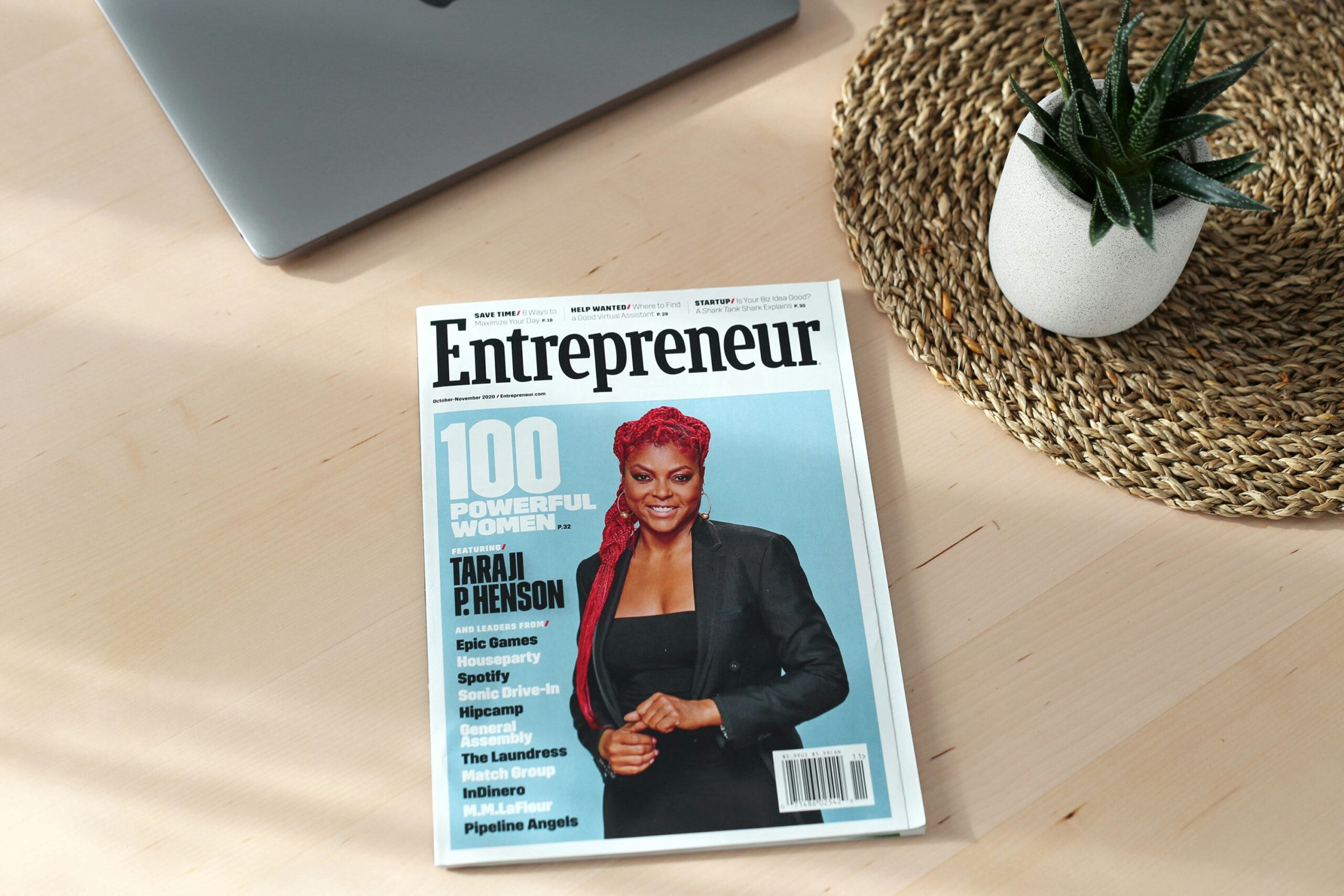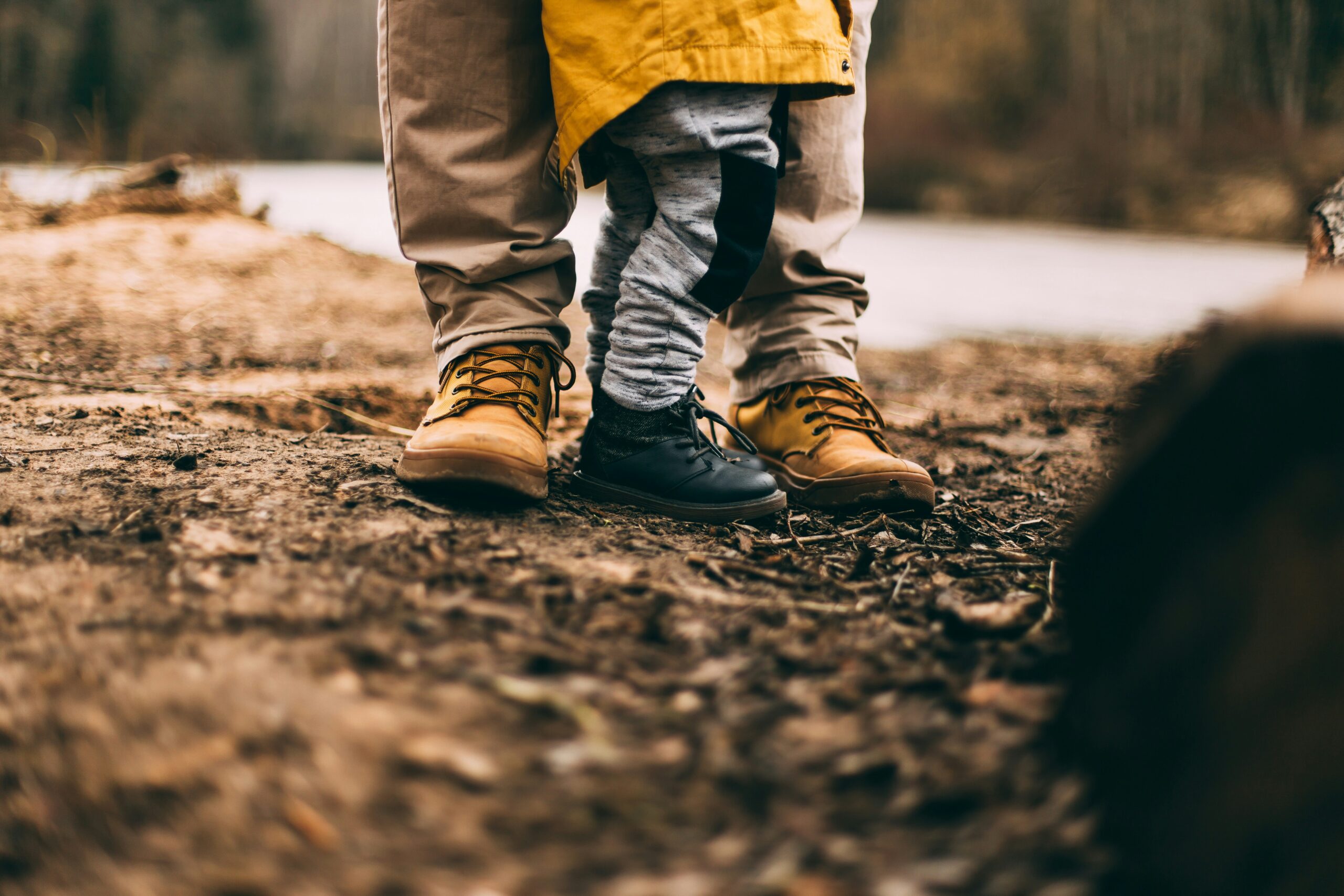The internet can be a wild place, especially when it comes to celebrity controversies. Recently, the spotlight has turned to Katie Sigmond and her leaked nude photos. The situation has ignited debates across social media platforms, leaving fans and critics alike grappling with mixed feelings. How did these intimate images come to light? What are the implications for Katie’s career and personal life? As we dive into this unfolding story, we’ll explore not just the details of the leak but also its broader significance in today’s digital landscape. Join us as we unpack the layers behind Katie Sigmond’s nude controversy and what it means for privacy and consent in an ever-connected world.
The origins of the photos and how they were leaked
The origins of Katie Sigmond’s nude photos are shrouded in controversy and speculation. Many believe the images were originally private, intended for a select audience. However, unauthorized sharing led to their rapid spread across social media platforms.
It is unclear how the breach occurred. Some sources suggest a hack or an accidental release by someone close to her. Regardless of how it happened, the aftermath has been chaotic.
Fans quickly discovered these intimate images, sparking debates on privacy and consent. The shocking nature of this leak captured widespread attention within hours.
As discussions unfolded online, many rallied around Katie in support while others critiqued her choices leading up to the incident. This polarizing situation highlights vulnerabilities that public figures face in today’s digital landscape where nothing truly remains private for long.
Public reactions to the photos
The public’s reaction to Katie Sigmond’s nude photos has been a whirlwind of opinions. Some fans expressed support, viewing the incident as an invasion of privacy. They emphasized that no one should be shamed for their body choices or have their personal moments exposed without consent.
Conversely, critics voiced disapproval. Many argued that by sharing such content online, celebrities like Katie invite scrutiny and judgment from the public eye. This sparked heated debates on social media platforms, with hashtags trending in both directions.
Various commentators took a moral stance, suggesting that this situation reflects broader societal issues regarding fame and accountability. Others simply shared memes or jokes about the event, trivializing what many consider a serious breach of trust.
The discourse surrounding these leaked photos highlights differing values within society when it comes to celebrity culture and personal boundaries.
The impact on Katie’s career and personal life
The leak of Katie Sigmond’s nude photos significantly impacted her career trajectory. As a social media influencer and content creator, she had built a strong online presence. However, the controversy shifted the narrative around her brand.
While some fans rallied in support, others criticized her choices. This division affected engagement levels on her platforms. Brands began to reassess partnerships too, weighing public opinion against their marketing strategies.
On a personal level, the stress from this event was palpable. Navigating public scrutiny can be daunting for anyone, especially someone so young and in the spotlight. Friends and family watched as Katie dealt with both backlash and support.
These experiences shaped how she views fame today. The pressure to maintain an image can be overwhelming when privacy is compromised in such a stark manner.
Arguments for and against sharing or viewing the photos
The debate surrounding Katie Sigmond’s nude photos ignites passionate arguments on both sides. Advocates for sharing believe that her body is her own, and if she chooses to express herself in this way, it should be celebrated. They argue that nudity can promote body positivity and challenge societal norms.
On the flip side, critics raise concerns about consent and exploitation. They point out that once images are shared publicly—especially without permission—they may lead to severe consequences for the individual involved. This perspective emphasizes respect for privacy rights.
Another element in this discussion involves the influence of digital platforms. Some argue these sites can perpetuate harmful behaviors when they host or facilitate access to leaked content without proper oversight. The complexities of ethics around viewing such material become increasingly blurred as technology evolves.
Similar cases in the past and their outcomes
The entertainment industry has seen several high-profile cases of leaked private images, often resulting in major backlash and intense public scrutiny. Celebrities like Jennifer Lawrence and Kate Upton faced similar trials when their personal photos were exposed without consent. Both experienced a whirlwind of media attention, which sparked discussions about privacy rights.
Another notable example is the case of hacked celebrity accounts that led to the widespread distribution of intimate content. These incidents prompted outrage from fans who sympathized with the victims but also raised questions about digital security.
In many situations, careers either flourished or faltered based on how individuals managed the fallout. Some chose to embrace their narratives while others retreated from public view entirely. The outcomes varied widely, reflecting not only individual circumstances but also societal attitudes towards such invasions of privacy at different times.
Each instance serves as a reminder that fame carries risks beyond mere visibility; it involves navigating complex social dynamics tied to personal boundaries and respect for consent.
The role of privacy and consent in the digital age
Privacy in the digital age is a complex issue. With the rise of social media, personal boundaries often blur. Many share intimate moments online without considering long-term consequences.
Consent plays a crucial role here. It’s not just about permission; it involves understanding the potential reach of shared content. A quick post can have lasting repercussions.
The ease of sharing photos makes it tempting to overlook privacy settings and safeguards. Once something is online, control slips away. The original context fades as images circulate freely.
Education around digital rights is essential for users today. People need to be aware that their choices impact more than just themselves—they ripple through networks and communities.
In this landscape, fostering open conversations about consent and privacy becomes vital for everyone navigating these new waters.
Lessons learned from this controversy
This controversy surrounding Katie Sigmond’s nude photos has sparked important conversations. One major takeaway is the significance of digital privacy. Many people underestimate how easily personal images can be shared or leaked.
Another lesson revolves around consent. Even if someone willingly shares their own content, once it’s online, control often slips away. Respecting boundaries is crucial in a connected world.
The incident also highlights societal attitudes towards women and nudity. The focus on shame versus empowerment creates division in public discourse.
Furthermore, the impact on mental health cannot be overlooked. Public scrutiny can lead to serious emotional distress for those involved.
It emphasizes the necessity for education about digital footprints from an early age. Young individuals need guidance on responsible sharing and understanding repercussions that might follow their actions online.
Conclusion:
As we reflect on the controversy surrounding Katie Sigmond’s nude photos, it becomes evident that this incident is more than just a celebrity scandal. It raises important questions about privacy, consent, and the implications of digital life in today’s world.
The rapid spread of images online challenges our understanding of personal boundaries. Once something is shared digitally, it can be nearly impossible to control its distribution. This case highlights how quickly private moments can become public fodder for discussion and debate.
Moreover, public reaction often reveals societal attitudes towards nudity and body image. Some view these leaked photos as an invasion of privacy while others argue they serve as entertainment or empowerment. The divide showcases differing beliefs about the ownership of one’s own image.
Katie Sigmond’s situation isn’t unique; many have faced similar dilemmas in the past. Each case adds layers to our ongoing conversation about respect for individuals in their most vulnerable states versus society’s insatiable curiosity regarding fame and scandal.
Lessons drawn from such controversies must inform future actions—both from those sharing content online and viewers consuming it responsibly. Understanding consent remains crucial as we navigate through complex social media landscapes where lines between public persona and personal life blur easily.
This situation invites us all to think critically not only about individual responsibility but also collective accountability within digital spaces where true empathy should prevail over sensationalism.











